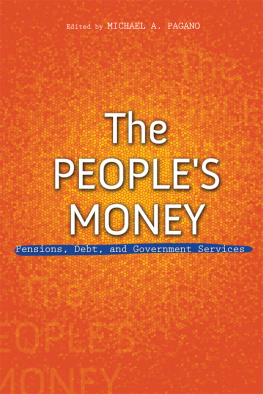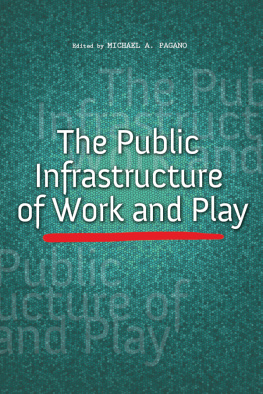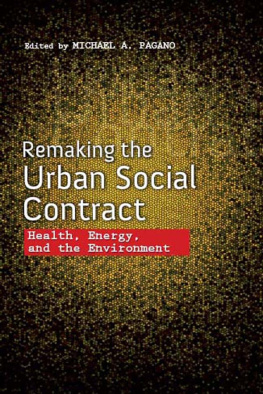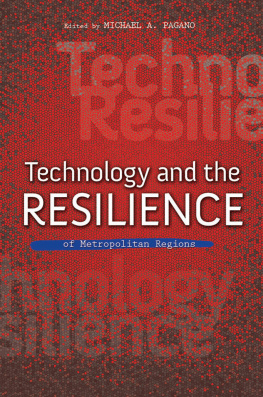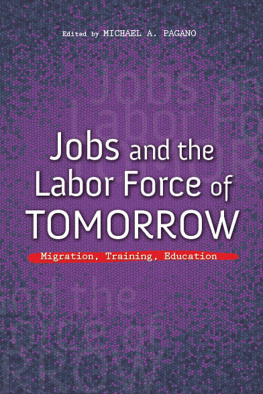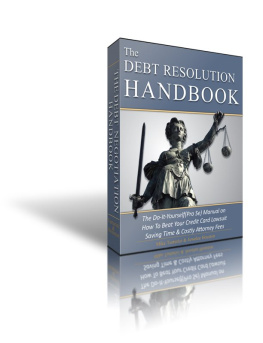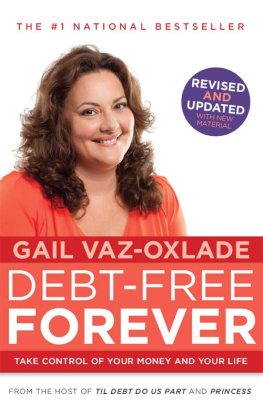Michael A. Pagano - The Peoples Money: Pensions, Debt, and Government Services
Here you can read online Michael A. Pagano - The Peoples Money: Pensions, Debt, and Government Services full text of the book (entire story) in english for free. Download pdf and epub, get meaning, cover and reviews about this ebook. year: 2019, publisher: University of Illinois Press, genre: Politics. Description of the work, (preface) as well as reviews are available. Best literature library LitArk.com created for fans of good reading and offers a wide selection of genres:
Romance novel
Science fiction
Adventure
Detective
Science
History
Home and family
Prose
Art
Politics
Computer
Non-fiction
Religion
Business
Children
Humor
Choose a favorite category and find really read worthwhile books. Enjoy immersion in the world of imagination, feel the emotions of the characters or learn something new for yourself, make an fascinating discovery.
- Book:The Peoples Money: Pensions, Debt, and Government Services
- Author:
- Publisher:University of Illinois Press
- Genre:
- Year:2019
- Rating:3 / 5
- Favourites:Add to favourites
- Your mark:
- 60
- 1
- 2
- 3
- 4
- 5
The Peoples Money: Pensions, Debt, and Government Services: summary, description and annotation
We offer to read an annotation, description, summary or preface (depends on what the author of the book "The Peoples Money: Pensions, Debt, and Government Services" wrote himself). If you haven't found the necessary information about the book — write in the comments, we will try to find it.
Michael A. Pagano: author's other books
Who wrote The Peoples Money: Pensions, Debt, and Government Services? Find out the surname, the name of the author of the book and a list of all author's works by series.
The Peoples Money: Pensions, Debt, and Government Services — read online for free the complete book (whole text) full work
Below is the text of the book, divided by pages. System saving the place of the last page read, allows you to conveniently read the book "The Peoples Money: Pensions, Debt, and Government Services" online for free, without having to search again every time where you left off. Put a bookmark, and you can go to the page where you finished reading at any time.
Font size:
Interval:
Bookmark:

Government Services
University of Illinois at Chicago
COLLEGE OF URBAN PLANNING
AND PUBLIC AFFAIRS (CUPPA),
UNIVERSITY OF ILLINOIS AT CHICAGO,
BY THE UNIVERSITY OF ILLINOIS PRESS
Director of the UIC Urban Forum
Dean, College of Urban Planning and Public Affairs,
University of Illinois at Chicago
July 2019
Font size:
Interval:
Bookmark:
Similar books «The Peoples Money: Pensions, Debt, and Government Services»
Look at similar books to The Peoples Money: Pensions, Debt, and Government Services. We have selected literature similar in name and meaning in the hope of providing readers with more options to find new, interesting, not yet read works.
Discussion, reviews of the book The Peoples Money: Pensions, Debt, and Government Services and just readers' own opinions. Leave your comments, write what you think about the work, its meaning or the main characters. Specify what exactly you liked and what you didn't like, and why you think so.

